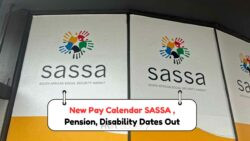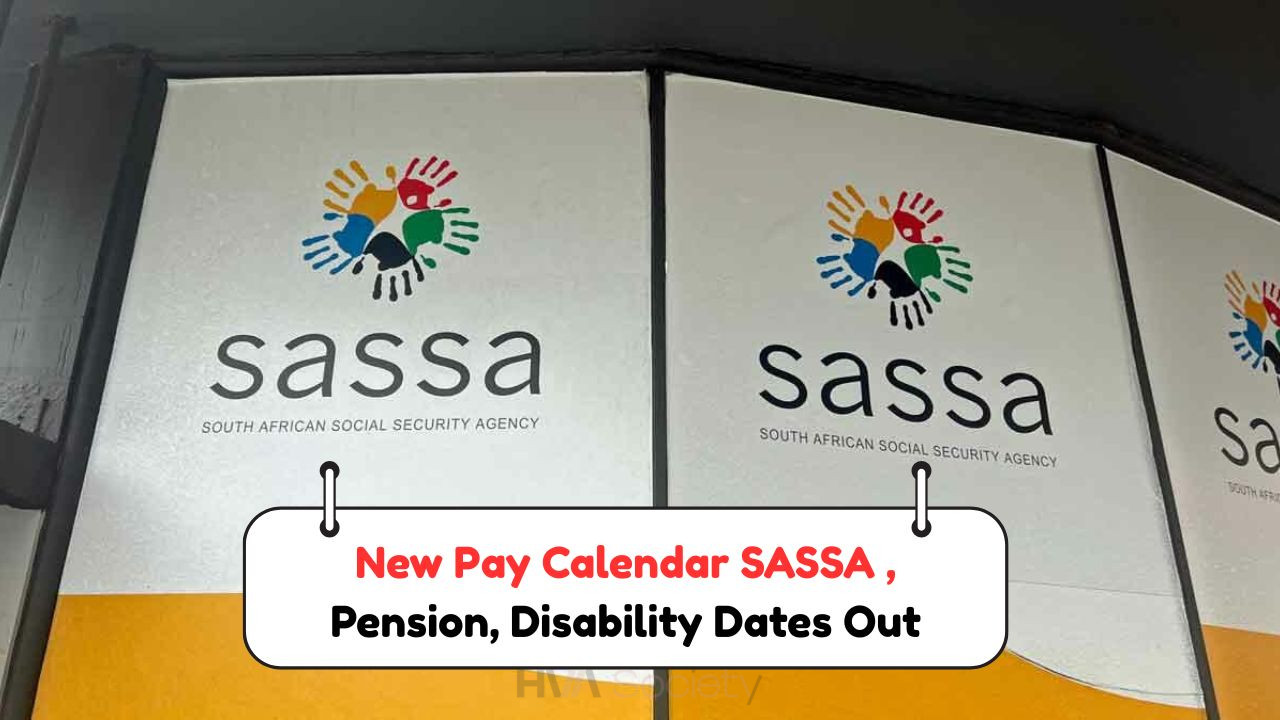Higher Banking Costs from July 2025: South African banking customers should prepare for a significant rise in banking fees starting July 2025. Several major banks have announced an increase in their monthly fees by at least R45, which could impact millions of account holders nationwide. With the cost of living already a concern for many South Africans, this hike in banking fees is likely to add to the financial strain. It is important for customers to stay informed about these changes and consider their options to mitigate the impact on their personal finances. Understanding the details of these fee increases and how they apply to different account types can help individuals make informed decisions about their banking choices.
Banking Fee Increases: What to Expect in 2025
As the financial landscape shifts, South African banks are adjusting their fee structures. The increase in monthly banking fees, starting in July 2025, is a response to various economic factors, including inflation and operational costs. Consumers can expect a minimum increase of R45 across various types of accounts. This change will affect personal, business, and savings accounts differently, depending on the bank and account type. The adjustment is a part of the banks’ strategy to maintain service quality while managing rising expenses. Customers should review their account statements carefully to understand the specific changes and how they apply to their financial situation. Additionally, staying informed about alternative banking options, such as online banking solutions that may offer lower fees, can be beneficial.
| Bank | Current Fee | New Fee | Increase Amount | Effective Date |
|---|---|---|---|---|
| Bank A | R100 | R145 | R45 | July 2025 |
| Bank B | R120 | R165 | R45 | July 2025 |
| Bank C | R95 | R140 | R45 | July 2025 |
| Bank D | R110 | R155 | R45 | July 2025 |
| Bank E | R130 | R175 | R45 | July 2025 |
For customers who maintain multiple accounts, the cumulative effect of these fee increases could be substantial. Therefore, evaluating banking needs and consolidating accounts, if possible, might be a prudent step to minimize financial impact.
 SASSA Announces New Grant Payment Dates for July–August 2025: Check the Updated Schedule Now!
SASSA Announces New Grant Payment Dates for July–August 2025: Check the Updated Schedule Now!
How Increased Fees Impact South African Consumers
The rise in banking fees is likely to have a noticeable impact on South African consumers, particularly those already managing tight budgets. For many, an additional R45 or more each month could mean reallocating funds from other essential expenses. This increase comes at a time when consumers are already dealing with escalating fuel prices and utility bills. The financial burden may be more pronounced for low-income individuals and small business owners who rely on affordable banking services for their daily transactions. It’s essential for customers to communicate with their banks to explore potential discounts or fee waivers that might be available to them.
| Impact Area | Description | Potential Solutions |
|---|---|---|
| Personal Finance | Increased monthly expenses | Budget adjustments |
| Small Businesses | Higher operational costs | Consider alternative banks |
| Low-Income Households | Strain on limited budgets | Seek fee waivers |
Strategies to Mitigate the Impact of Higher Bank Fees
To counteract the upcoming increase in banking fees, customers can employ several strategies to save money and reduce financial stress. Here are some practical tips to consider:
- Review your current banking services and assess if they align with your financial needs.
- Consider switching to a bank that offers lower fees or better services for the same cost.
- Utilize digital banking services that often have reduced fees compared to traditional banking.
- Negotiate with your bank for possible fee reductions or waivers.
- Consolidate accounts to simplify management and potentially reduce fee costs.
By taking proactive steps, consumers can better manage the changes and minimize the impact on their financial health.
Comparing Banking Options: Finding the Best Fit
Given the increase in banking fees, it’s an opportune time for consumers to evaluate their banking options. Comparing different banks and account types can help find the most cost-effective solutions. Factors to consider include monthly fees, transaction limits, and additional services offered. It’s also worth looking into digital-only banks, which may provide competitive rates and innovative features without the overhead costs of traditional banks. Understanding your own banking habits and needs is crucial in selecting the right account and financial institution.
| Banking Feature | Traditional Banks | Digital Banks |
|---|---|---|
| Monthly Fees | Higher | Lower |
| Accessibility | Wide branch network | Online only |
| Services | Comprehensive | Basic to moderate |
Choosing the right bank can lead to significant savings in the long run, making it essential for consumers to do thorough research before making a switch.
Understanding Bank Fee Structures
Bank fees vary widely, and understanding the structure of these fees is key to managing them effectively. Fees can be charged monthly, per transaction, or for special services, and each bank has its own set of rules and thresholds. By analyzing the fee schedules, customers can identify areas where costs can be minimized, such as adjusting withdrawal habits to avoid excess fees or opting for fewer branch visits.
- Monthly maintenance fees
- ATM withdrawal fees
- Overdraft charges
- Card replacement fees
FAQ Section
Why are banks increasing their fees?
Banks cite rising operational costs and inflation as primary reasons for fee hikes.
How can I avoid high banking fees?
Consider switching to a bank with lower fees, using digital banking, or negotiating with your bank.
Will all banks increase their fees in July 2025?
While many major banks are implementing increases, some smaller or digital banks might not.
Can I negotiate my bank fees?
Yes, some banks offer waivers or discounts, especially if you maintain a good account standing.







